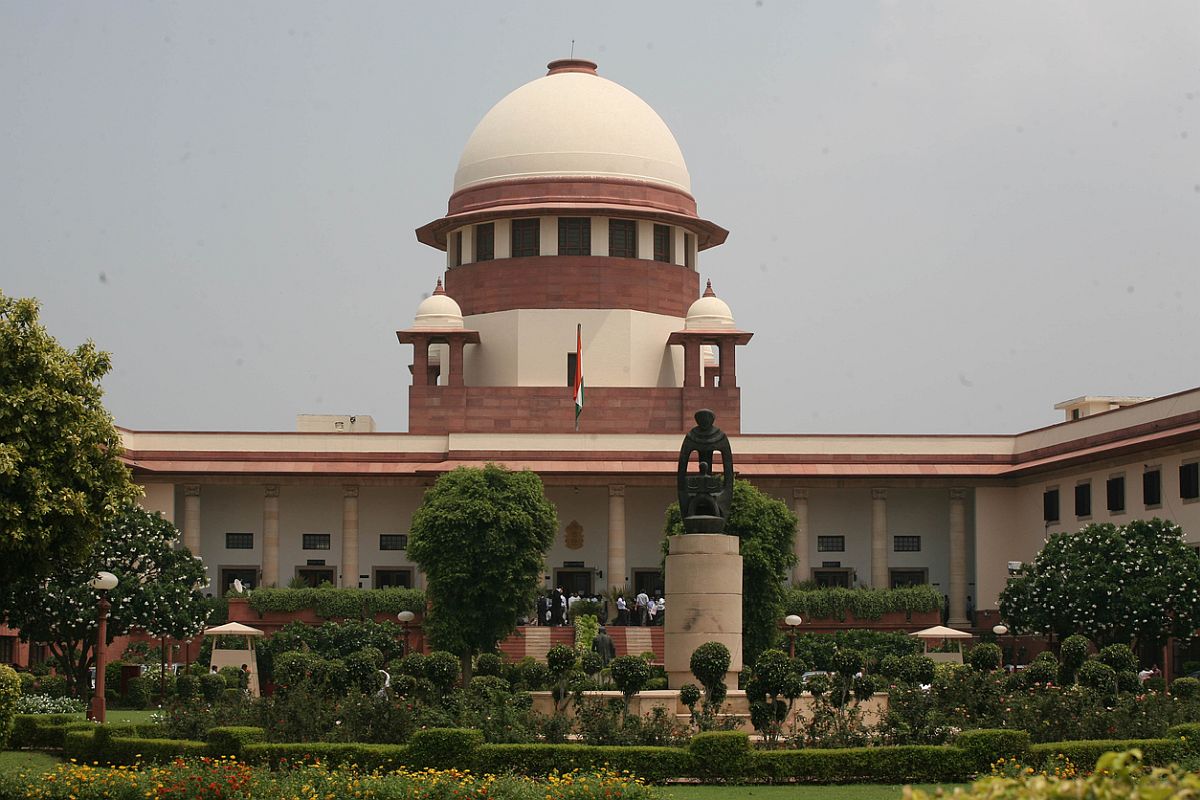In the leading judgment delivered by the Hon’ble Punjab & Haryana HighCourt [Paramjeet Singh vs. Inderjeet Singh and Others], the High Court has clarified the air surrounding payment of Court Fees in Civil Suits. The under mentioned discussion may be noted in this regard:
Where the executant of a deed wants it to be annulled, he has to seek cancellation of the deed. But if a non-executant seeks annulment of a deed, he has to seek a declaration that the deed is invalid, or non-est, or illegal or that it is not binding on him. The difference between a prayer for cancellation and declaration in regard to a deed of transfer/conveyance, can be brought out by the following illustration relating to ‘A’ and ‘B’ – two brothers. ‘A’ executes a sale deed in favour of ‘C’. Subsequently ‘A’ wants to avoid the sale. ‘A’ has to sue for cancellation of the deed. On the other hand, if ‘B’, who is not the executant of the deed, wants to avoid it, he has to sue for a declaration that the deed executed by ‘A’ is invalid/void and non-est/illegal and he is not bound by it. In essence both may be suing to have the deed set aside or declared as non-binding. But the form is different and court fee is also different. If ‘A’, the executant of the deed, seeks cancellation of the deed, he has to pay ad-valorem court fee on the consideration stated in thesale deed. If ‘B’, who is a non-executant, is in possession and sues for a declaration that the deed is null or void and does not bind him or his share, he has to merely pay a fixed court fee of Rs. 19.50 under Article 17(iii) of Second Schedule of the Act. But if ‘B’, a non-executant, is not in possession, and he seeks not only a declaration that the sale deed is invalid, but also the consequential relief of possession, he has to pay an ad-valorem court fee as provided under Section 7(iv)(c) of the Act. Section 7(iv)(c) provides that in suits for a declaratory decree with consequential relief, the court fee shall be computed according to the amount at which the relief sought is valued in the plaint. The proviso thereto makes it clear that where the suit for declaratory decree with consequential relief is with reference to any property, such valuation shall not be less than the value of the property calculated in the manner provided for by clause (v) of Section 7.
In other words:
- If the executant of a document wants a deed to be annulled, he is to seek cancellation of the deed and to pay advaloremCourt fee on the consideration stated in the said sale deed.
- But if a non-executant seeks annulment of deed i.e. when he is not party to the document, he is to seek a declaration that the deed is invalid, non-est, illegal or that it is not binding upon him. In that eventuality, he is to pay the fixed Court fee as per Article 17(iii) of the Second Schedule of the Act.
- Biut if the non-executant is not in possession and he seeks not only a declaration that the sale deed is invalid, but also a consequential relief of possession, he is to pay the advalorem Court fee as provided under Section 7(iv)(c) of the Act and such valuation in case of immovable property shall not be less than the value of the property as calculated in the manner provided for by Clause (v) of Section 7 of the Act.
